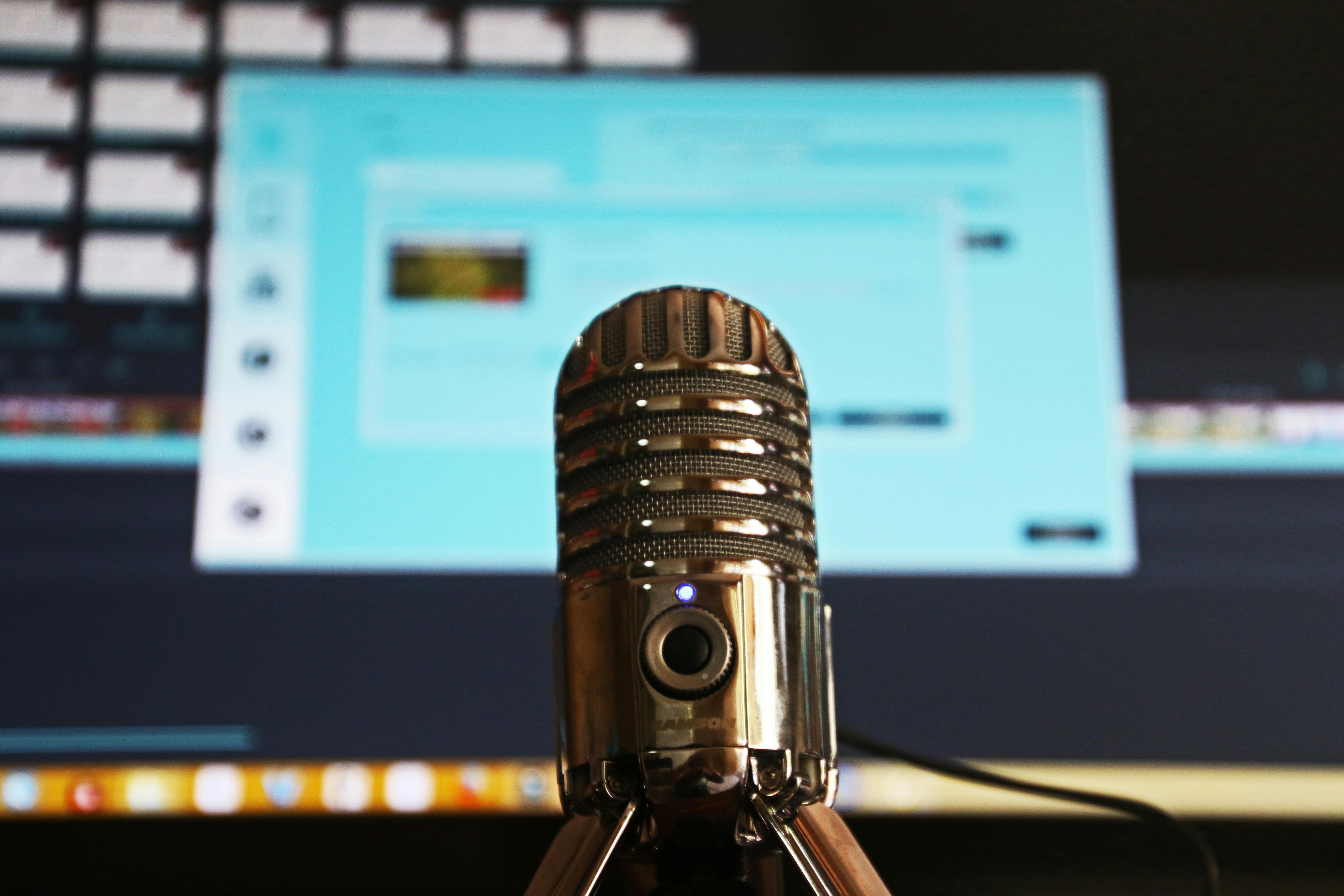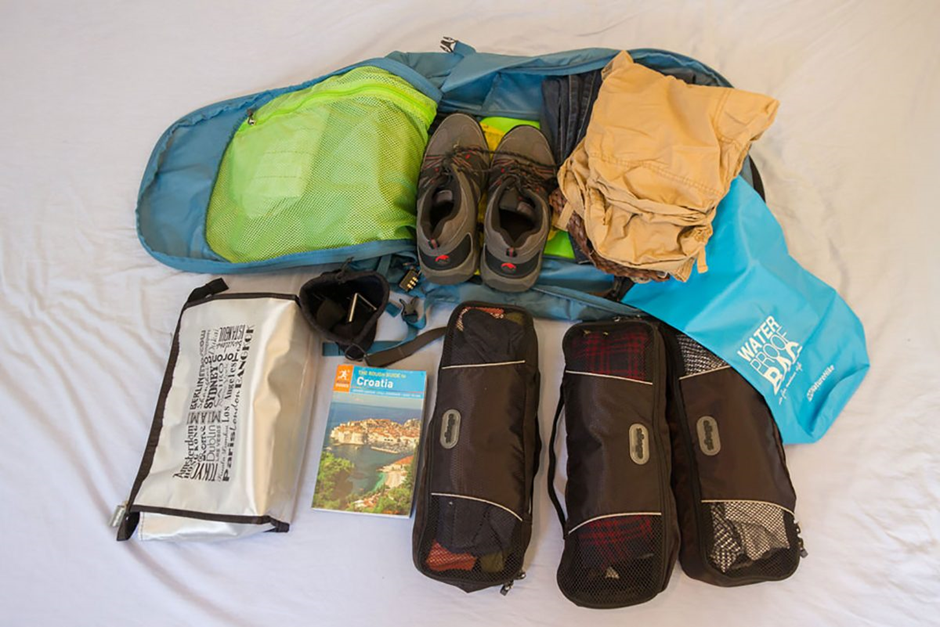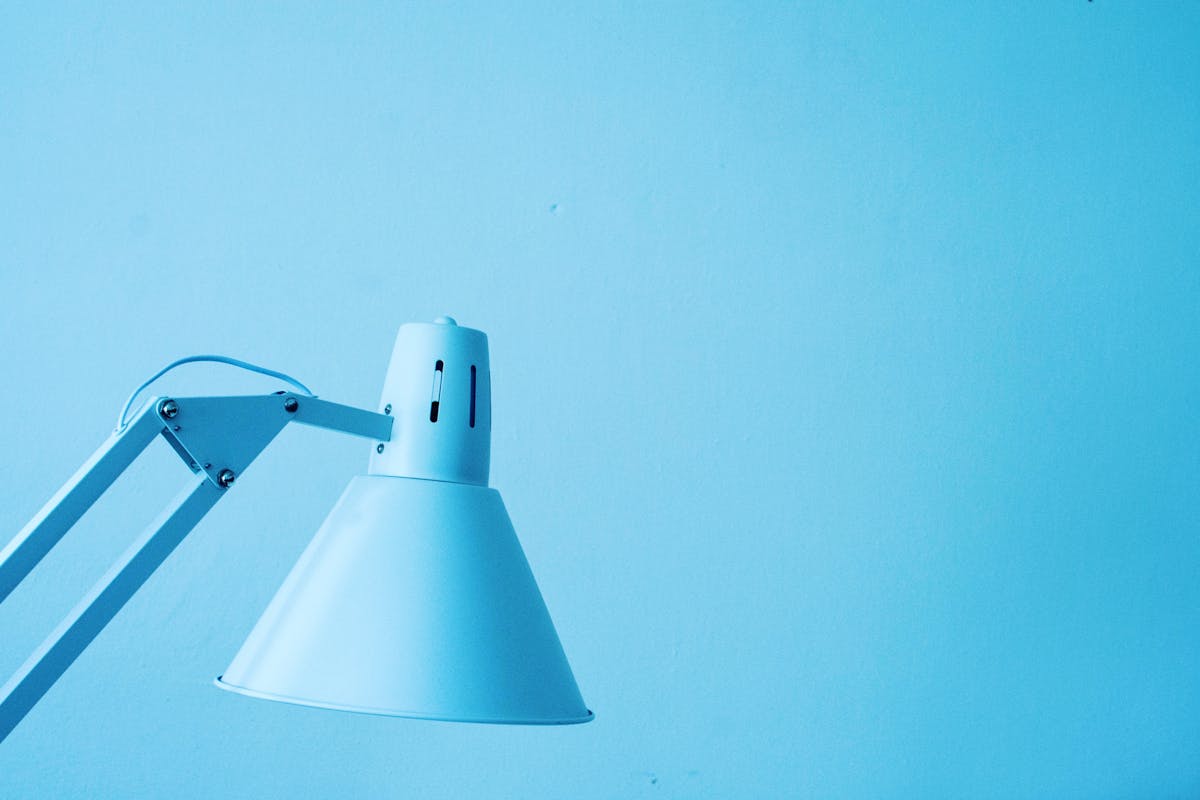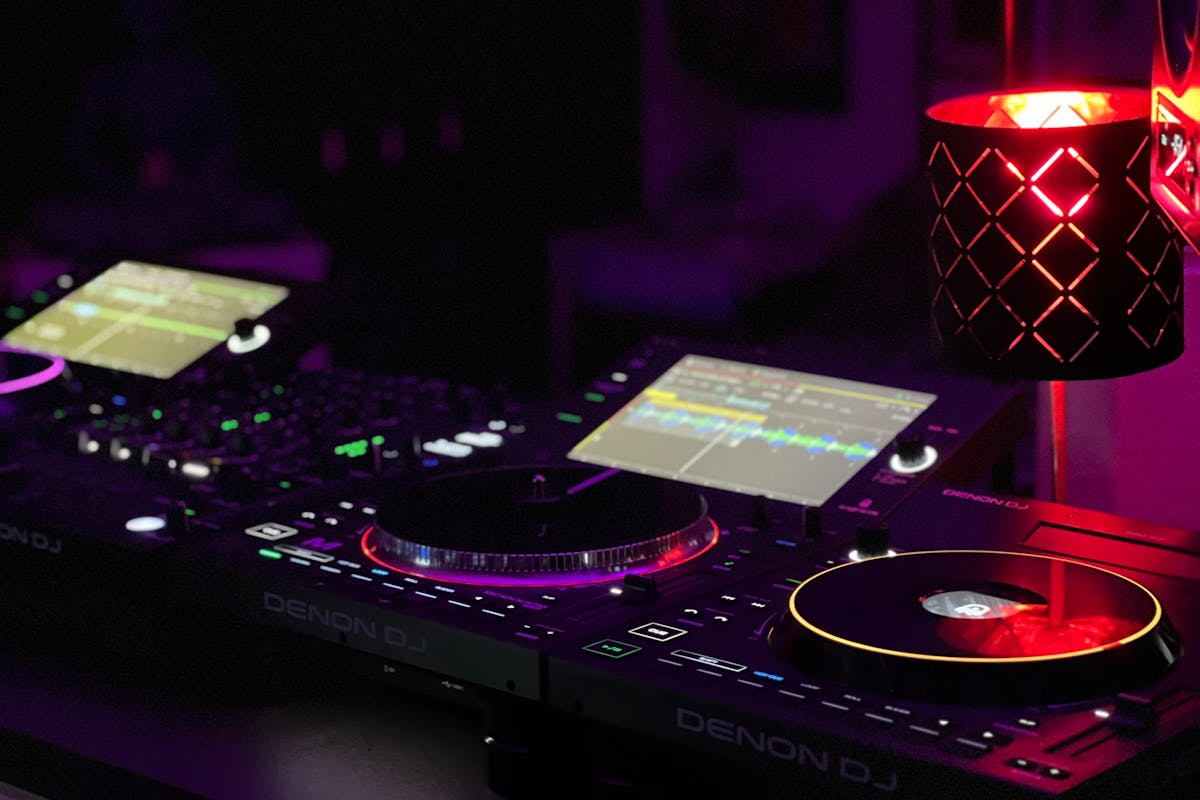What podcasts are in your list this International Podcast Day?
30 September has been marked as the day podcasts are celebrated. Podcasts are thought to have developed from the traditional radio talk show. As part of the streaming family, podcast listeners can similarly pause, repeat, slow down, fast forward to one’s liking. Today, in the podcast world, those with an Internet connection and the corresponding app will highly likely have access to podcasts where listeners can connect to a wide number of experts, tutors, teachers and a good knowledge bank in different types of subjects – whether it’s jokes, sarcasm, cultural exchange, technology or leadership. If YouTube afforded its users an audio-visual experience, podcasts afforded its users a much clearer audio experience. For podcasters, this development can open up new possibilities in terms of sharing information and for some, an extension of an existing fandom, item, or issue.
- Journal of Orthopaedic & Sports Physical Therapy Insights made the top of my list as many of the points discussed on the podcast relate quite directly to my own journey of neuro-rehab, having been a patient at a physio centre which is also popular amongst athletes. In fact, some therapists themselves are athletes. The episode that captured my attention was telerehab, especially with many speaking with that post-COVID frame in mind.
- Singing Teachers Talk – This was a breath of fresh air, not only because there is usually little coverage on performing arts in Malaysia, but also because the episodes take on a multidimensional and a multidisciplinary approach. Discovering vocal physiotherapy from a now Singapore-based physio centre (formerly based out of Malaysia) was surely an eye-opener. So, I definitely approached this podcast show with much enthusiasm, especially the episode on vocal physiotherapy, a highly specialised branch of physiotherapy. Although the episode is not an easy listen, the expert discusses different aspects to vocal physiotherapy which also uses some form of manual therapy, practiced in many private centres today. Much like what is requested for during a typical non-specialised physiotherapy session, the history-taking angle is a crucial one to consider. There is going to be a lot of frustration, especially if the patient does not see progress, but this is where it’s important to give patients their own space to voice out their concerns, while also taking in and learning vocal exercises or new ways to manage their dysphonia. Once again, there’s also that post-COVID lens whereby the level of exercises of a patient may have changed, especially where the work-from-home “lifestyle” became the norm for many. In vocal physiotherapy, especially for singers, the parts to look out for include whether the singer’s neck is too much forward, is the singer moving in one direction, would the singer be sitting or standing and for how long? Also, singing environment is one to consider, whether the singer is doing a duet, part of a trio, or a larger group, or say, a choir? Costumes, as much as they’re cute and fancy to the spectator’s eyes, can play a role in the singer’s breath flow, taking into consideration whether the outfit or accessory is good for breath or an obstruction. Other episodes you can check out include on the neurodivergent population, and nasality in the singing voice.
- Rehab Rebels are for those in the rehab industry but also thinking of a change in career pathways. If you’ve ever felt underappreciated or frustrated for whatever reason in your patient-healing journey, this podcast may be for you. Hosted by Tanner Welsch, a Doctorate in Physical Therapy (DPT) holder, this podcast can help you unravel and ease the transition you’re going to make.
- For working adults looking to untangle the Chinese language, in particular Taiwanese Mandarin, the bite-sized episodes in Learn Chinese Every Day with Shao Lan helps you view the language in an interesting lens, in that Shao Lan invites many industry leaders and C-level execs on her show to help explain words and concepts to them. Transcripts are provided, but do be mindful they’re not 100% accurate.
- Despite French being a nasal language, it plays well to my advantage, as that’s how I sound in recordings. That’s why there’s something about Podcast Français Minutes that I find incredibly calming and soothing to the ear. Those up to B2 level can casually practice their French, especially if they don’t have the pressure of sitting for the DELF.
- Talk Taiwanese Mandarin with Abby is like your window to different cultures, be it French, Taiwanese or other parts in the West. There are also a lot of episodes that touch on history and rambles on the Chinese culture, according to the four seasons. Those who like a dose of Hokkien will likely enjoy this podcast too. Oh yes, Hokkien being my native, I’d just listen to as much as possible… until I need a stop.









Showing 0 comments